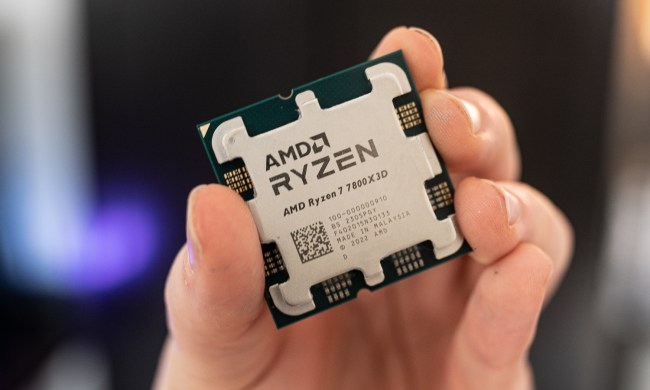I’ve never been a fan of prebuilt PCs. And no, it’s not just because I’m a DIY PC-building snob. In the past, building my own was not only fun — it was also easier and cheaper.
But for all sorts of reasons, this year more than ever, my eyes have been opened to why people keep turning to ready-made desktop PCs instead of trying to build one on their own.
Even with top-notch components readily available, building a solid PC is only becoming harder year after year. Without pointing any fingers (yet), the blame falls on several culprits — and none are going away anytime soon.
PC building is confusing
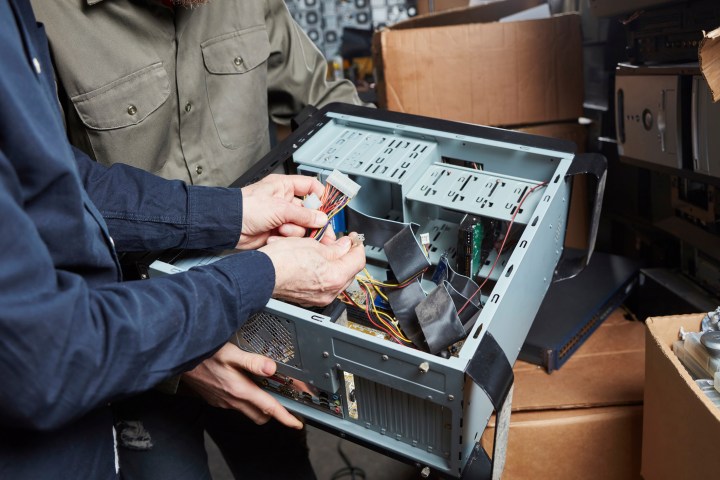
Nearly two decades have passed since the first time I picked out my own PC parts and attempted to put them together. It took me an entire day, and I was stressed out of my mind, but in the end, the PC booted just fine and I have been hooked ever since.
Physically putting parts together has only gotten easier since then. We now have motherboards with integrated features and built-in I/O shields, toolless cases, modular power supplies, and M.2 SSDs that are super simple to install. CPU installation is now a breeze, too, making it so you don’t have to worry so much about bending the pins (although you should still worry a bit).
In theory, prebuilts should slowly become a thing of the past. But they’re not.
Each of these changes made PC building more approachable than ever. We also have YouTube tutorials and how-to guides that take you through the process step by step and dispel the notion that you need to be some kind of a hardware wizard to put together a computer from scratch.
Given all of the above, prebuilts should slowly become a thing of the past. After all, why would anyone spend more money on an (often inferior) prebuilt when they could just build their own PC for less?
Unfortunately, it’s not that simple. A large part of the difficulty has moved elsewhere, away from the assembly process and onto the research. Unfortunately, PC building only gets more and more difficult to figure out every year. The biggest problem lies not in the way the parts fit together, but in the value — or lack thereof — of each individual part.
When ‘better’ doesn’t equal ‘good’
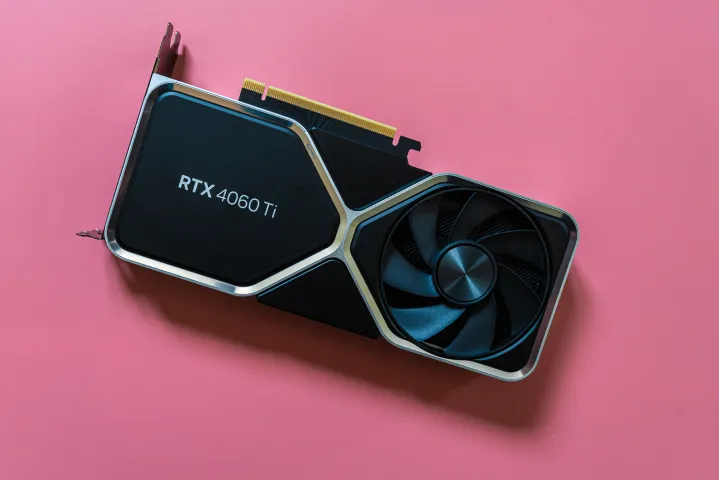
No matter if you’re building a PC or buying a new television, there’s a common misconception that spending more money is bound to get you something that’s better quality, will last longer, or will perform better. And oh boy, does this current generation of hardware put that mindset to the test.
I’m telling you: It’s hard out there, and making sure that everything fits together is not even the biggest problem. It’s not as simple as picking out a processor and making sure your motherboard has the right socket; compatibility issues are just the tip of a really tall iceberg. It’s the sheer amount of research that you need to do if you want to get something that’s worth your money, and GPUs are especially affected.
Somehow, even with nearly all of the best graphics cards in stock, picking a GPU feels like pulling teeth sometimes. I finally built a new PC this year, and while I was familiar with in-depth benchmarks of every recent GPU, I still went back and forth on that choice a lot. Honestly, the whole experience almost made me miss the GPU shortage.
How is a person meant to determine the difference between the RX 6600, RX 6600 XT, and RX 6650 XT?
When you don’t have a baseline familiarity with the topic, the choices can feel overwhelming, and it’s easy to fall into that trap I mentioned earlier — thinking that a more expensive GPU is bound to be better, which is sometimes simply untrue.
The RTX 4060 Ti 16GB is a prime example of that. Despite having twice as much VRAM as the cheaper version, the card also has that same narrow memory bus that drastically limits its bandwidth. Considering that it also sports the exact same specs as its sibling, for most people, buying the 16GB version is like gifting Nvidia an extra $100. The actual performance gains are very small. It’s somewhat faster than the RTX 3060 Ti, but not to a point where it would make a whole lot more sense to buy it. Nvidia’s DLSS 3 is this card’s saving grace.
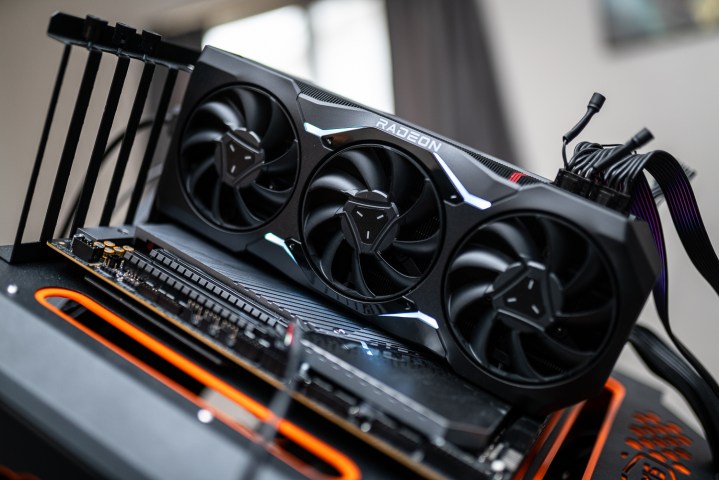
Nvidia has a few more cards that are pretty poor value in this generation, such as the RTX 4070 Ti or the RTX 4080. When on a budget, it’s better to avoid those — but buyers won’t know this without digging deeper.
Then, there’s the endless debate of AMD versus Nvidia that only makes PC building all the more daunting. A lot of people begin shopping with a preference in that regard, and in my experience, the scales often tilt toward Nvidia. However, this can also be a trap, because AMD tends to be better value at tighter budgets. Even then, AMD also has some GPUs that might sound good, but aren’t as good of a deal as their slightly pricier siblings — I’m talking about the RX 7700 XT and the RX 7900 XT.
Don’t even get me started on AMD’s last-gen cards, either. The RDNA 2 lineup is so robust that it should come with a tour guide. This isn’t a bad thing, but it makes it even harder for people who just want a good PC without having to do hours of homework. How is a person meant to determine the difference between the RX 6600, RX 6600 XT, RX 6650 XT, and how do they know what to spend their money on? Research, of course. A whole lot of research, tracking GPU prices, and having to learn things you won’t need in your daily life just to get a solid PC.
Budget? What budget?

Building your own PC is a real test of character. Few things can give you as bad a case of fear of missing out (FOMO) as trying to pick out the parts for a good gaming desktop, especially if you’re trying to stick to a certain budget. And if you decide to ask for help on Reddit or in another community, you might end up being tempted into spending a lot more than you really need to.
While those communities are often a good way to get all the benefits of a custom-made desktop without the hassle and the stress of studying benchmarks for hours, they’re often a bit of a gamble, and no wonder. This is the internet; anyone can proclaim themselves an expert, but opinions and preconceptions often play into the advice that is given, and that can be a problem.
For instance, if I had a penny for each time I’ve seen someone recommend Nvidia over AMD due to “driver issues,” I’d have enough money for the currently (and always) overpriced, RTX 4090. However, the notion that AMD is somehow worse than Nvidia is rather false if you’re trying to stick to a $1,000 budget. In fact, AMD wins in such builds almost every time, and the only thing you’re missing out on is DLSS 3.
It can be pretty challenging to estimate what kind of PC you actually need.
Apart from potentially receiving bad advice, gamers have to put up with the fact that building an enthusiast PC is wildly expensive right now, and things are unlikely to improve. GPU prices are through the roof compared to just a few years ago, and the next generation of cards is unlikely to make it any better, although AMD might change that narrative.
The worst thing is that it’s very easy to fall victim to incremental upgrades. For instance, say you set out with a $1,000 budget with around $200 wiggle room. While you can get a solid PC for $1,000 or less, through research you’ll soon find out that by spending a little bit more, you can have a significantly better GPU, like the RTX 4070. Then, you might need to also upgrade the power supply, and since you’re already spending more, you might as well get faster RAM … and suddenly, you have a PC that cost you $1,500, and it might often be better than what you really needed in the first place.
It can also be pretty challenging to really estimate what kind of PC you need, especially if you’re not an expert. While GPUs like the RTX 4060 are typically 1080p cards, no one is stopping you from using one at 1440p with decent results — you’ll just have to lower the settings in select games. However, seeing as most online benchmarks are done at ultra settings and in AAA titles, it can be hard to tell if you can still game on medium to high with no issues.
Prebuilts are suddenly starting to look tempting
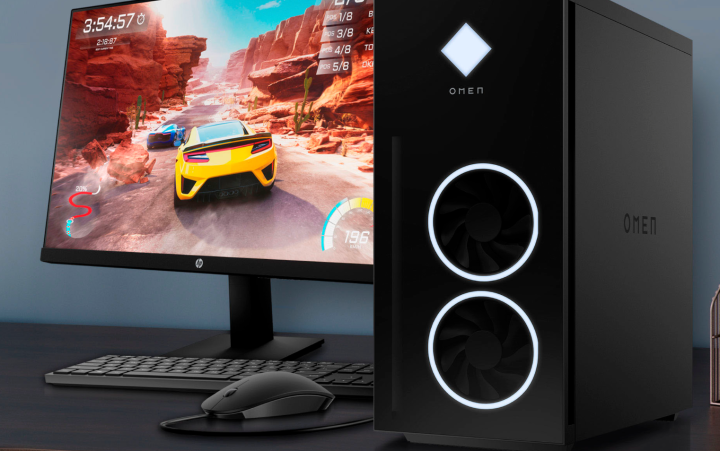
PC building is such an individual matter that it just might become more and more niche over time. With new GPUs and CPUs being released every year, not to mention all the other parts, keeping up with it is something that only enthusiasts will really want to do.
Arguably, it’s fine to just dip your toes in the topic once every few years when you’re getting a new computer. However, each time, it means a lot of research — and making a mistake stings more each year as components get pricier. The barrier to entry into the world of PC building only seems to grow higher each year, as the increasing complexity of components creates a steeper learning curve for newcomers.
It’s no wonder that many people still choose gaming laptops or prebuilt PCs instead of putting themselves through this.
Of course, prebuilts have their own series of problems. You’ll find that, more often than not, the computer you’re paying for may not have the best specs. It may come with an older CPU or with unknown parts that can cause problems down the line. Newcomers run into these issues too, and sometimes end up regretting their buying choices. It’s a small consolation, but at least that regret stems from a spur-of-the-moment purchase that wasn’t backed by hours of research.
Despite the difficulties, my go-to answer to anyone who asks is always to build your own PC instead of buying a prebuilt. It’s not easy — in fact, it’s often frustrating — and it’s filled with pitfalls, but if you’re willing to put in the time, you’ll have a better computer and a great deal of satisfaction when you put everything together and it actually ends up working. It’s just a shame that getting to that point sometimes feels like such a chore.

